Most people believe the quality of food eaten (aka the types of food eaten) is more important than the quantity of food eaten when it comes to fat loss. I will do you a favor and clear that confusion up straight away. Quantity is more important than quality for fat loss. Energy balance (Calories consumed vs Calories burned) is the number one determinant of fat loss (or gain). Now that we have that out of the way, how important is food selection for fat loss?
Thermic Effect of Food
Thermic effect of food (TEF) is the amount of energy required to digest and process the food you eat. (Remember, this energy is measured in Calories.) TEF accounts for about 10% of our daily Calorie expenditure. The reason I bring this up is that not all foods require the same amount of energy to be broken down. Processed foods, for example, require less energy to be broken down than whole foods. [1]
This means, when eating heavily processed foods, we store more of those Calories. Let's look at an example where one individual is consuming 2000 Calories exclusively through processed foods and another individual is consuming 2000 Calories exclusively through whole foods. The individual exclusively eating processed foods would store approximately 184 more Calories per day. This example is a bit exaggerated, but I wanted to illustrate that this can make a difference in extreme situations.
Satiety
Satiety simply means being full. Fibrous foods and foods high in protein are at the top of the list of foods that contribute to satiety. Processed foods tend to be lower in both protein and fiber. This means they are easier to overeat on. This is compounded by the fact that highly processed foods also tend to have more Calories per serving than their whole food counterparts, making it very easy to consume an excessive amount of Calories. I will point out if you are tracking your Calories and hitting a specific target each day, you won't be accidentally overconsuming Calories because you will know exactly what you're eating.
Food Selection and Health
While food selection may not be of critical importance for fat loss, it is important for overall health. Since this isn't the topic of this post, I will keep this section short and sweet.
Make sure you eat lots of micronutrient-dense foods.
Consume 30-50g of fiber per day.
Consume at least 1g of protein per pound of lean body mass per day.
Eat at least one serving of both fruits and veggies for every 1000 Calories you consume (rounding up).
Ex) If you're dieting on 1400 Calories/day, you should eat 2 servings of fruit and 2 servings of veggies.
Takeaway
The answer to our original question is both yes and no. Assuming you're tracking your intake and hitting a specific Calorie target and if you are getting enough protein and fiber, the types of foods you eat aren't going to directly translate into a meaningful amount of increased fat loss unless you're going from almost no whole foods to almost exclusively whole foods. That said, eating more filling foods can help you adhere to your diet which will (indirectly) translate into meaningful fat loss.
Thank you so much for reading! If you found this information helpful and think others will benefit from it as well, please give this article a share on Facebook. It helps us out more than you know. If you like what I have to say, sign up below to become a Treadaway Training insider and never miss a post or video. I will be back next week with another fat loss topic. As always, God bless you AND your family and I'll see you next week.
References:
[1] Barr, S. B., Write, J. C., (2010) Postprandial energy expenditure in whole-food and processed-food meals: implications for daily energy expenditure, Food & Nutrition Research, 54(1). doi: 10.3402/fnr.v54i0.5144





